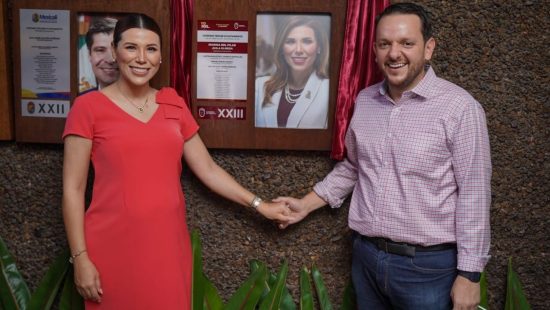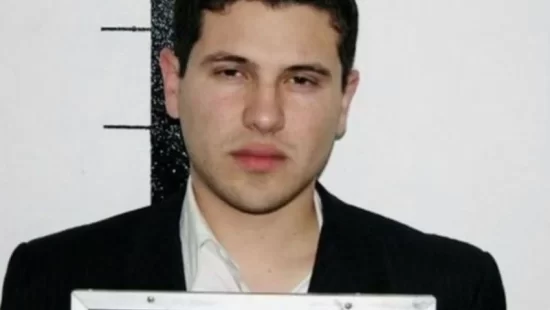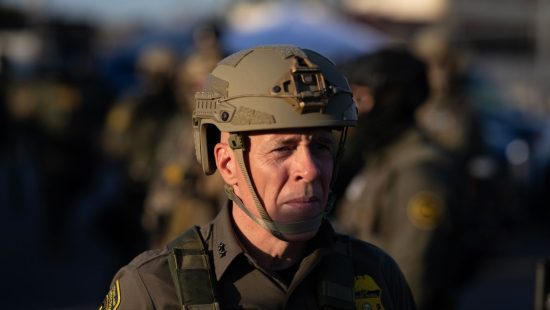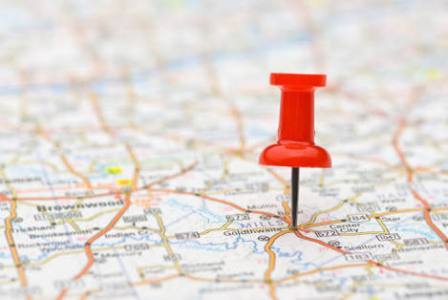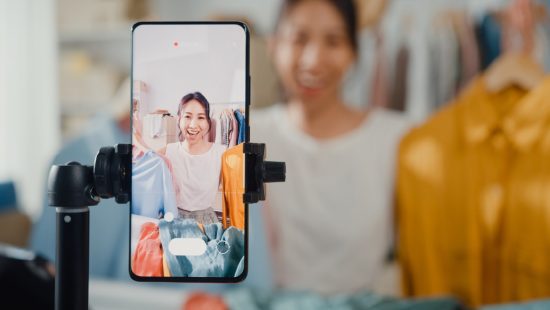There were years when Cubans became the face of Latino conservatism in the United States. Miami was their stronghold, and finding a Cuban in the country meant finding an opponent of Fidel Castro’s communist regime.
The Republican Party recruited them, making them part of its base and turning Florida into one of its political bases.
For Cubans, arriving in the United States was a “free pass” to legally reside in the country, find a good economic situation, and establish the foundations for their lives and their loved ones. Setting foot in the country was synonymous with status. Arriving by boat or any other vessel was synonymous with status; the figure portrayed in Scareface, the acclaimed Al Pacino film, was repeated on the streets, although not necessarily related to drugs and illicit money.
Everything has changed. When Donald Trump entered his second term, Cubans were singled out like any other immigrants. They were arrested and many have been deported.
United States Citizenship and Immigration Services (USCIS), the agency in charge of processing immigration applications, goes around asking coworkers and neighbors whether someone is eligible for U.S. citizenship or not, in the style of the Cuban Committees for the Defense of the Revolution (CDR).
And Cubans point out that what Trump is doing is very similar to what Fidel did in Cuba and caused migration.
The American government attacks the LGBTQ+ community… just like the Cuban government did in the 1960s. Donald Trump has flirted with staying longer in the White House, in the same way in which Fidel Castro — having tasted so much power during his lifetime — decided to lead Cuba for nearly half a century.
The former has already devoted efforts toward attacking opposing ideologies and freedom of expression, concepts that the latter completely nullified. One man worships what the other turned into a religion: exaltation, maximum control, a sea of fanatics, as well as the certainty that there’s no reason for the “dictator” label.
It’s been almost nine months since Trump was sworn into office. In the 2024 presidential elections, 68% of Cuban-Americans in Florida gave the Republican their vote. However, since his return to power, those arriving from the island have not been exempt from deportations, self-deportations, the denial of political asylum, confinement in detention centers, as well as fear of what might happen to them when they go to work or school, or when they enter or leave the country.
The Trump administration — in an initiative led by Secretary of State Marco Rubio, the former senator from Florida who is of Cuban descent — has enacted several measures in recent months aimed at suffocating Havana. This was, and has always been, another means of securing the Cuban vote in Florida. But the truth is that Cuba isn’t at the center of Oval Office conversations. Trump isn’t offering millions of dollars for Miguel Díaz-Canel’s arrest (as he is for Nicolás Maduro), nor has he managed to satisfy the long-standing desire to overthrow the dictatorship.
Cubans have been left to fend for themselves in a return that many fear, due to reprisals for being migrants who betrayed the revolution.

